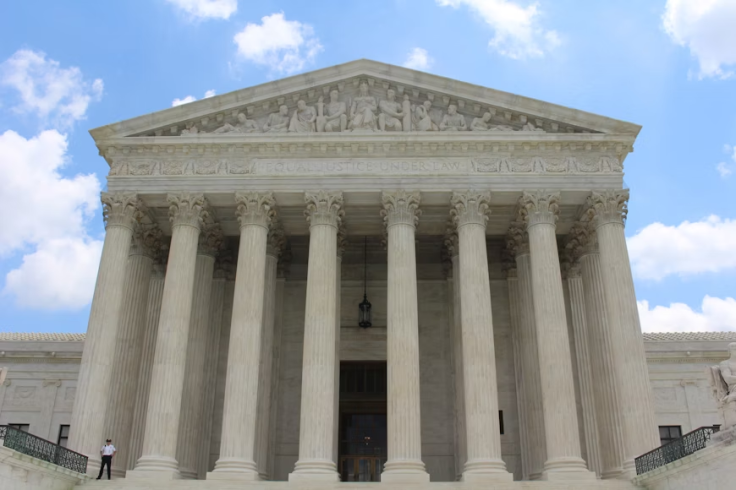The United States Supreme Court has chosen not to intervene in the ongoing affirmative action legal dispute surrounding the United States Military Academy at West Point.
The case, Students for Fair Admissions v. U.S. Military Academy at West Point, is currently before a federal appellate court. This marks another chapter in the affirmative action debate, with the same plaintiff organization that secured victories against Harvard University and the University of North Carolina at Chapel Hill last year now targeting West Point's race-conscious admissions policies.

Supreme Court's Decision
The Supreme Court declined to provide an emergency injunction requested by Students for Fair Admissions (SFFA) to halt West Point from considering race in admissions during the lower court's proceedings. The justices, in an unsigned note with no apparent dissents, clarified that their decision does not express any opinion on the merits of the constitutional question. They attributed their refusal to intervene to the underdeveloped record before the Court.
This legal battle comes in the wake of the Supreme Court's June 29 ruling, which explicitly carved out an exception for military academies regarding race-based admissions. Chief Justice John Roberts, in the majority opinion, acknowledged that institutions like West Point and the U.S. Naval Academy might have "potentially distinct interests" in considering the race of their applicants. This exception laid the groundwork for the ongoing debate surrounding West Point's affirmative action policies.
READ ALSO : Supreme Court Declines Transgender Bathroom Case, Leaving Protections For LGBTQ+ Students Intact
SFFA's Allegations
Students for Fair Admissions filed the lawsuit against West Point less than three months after the Supreme Court's June ruling. The organization contends that West Point's affirmative action policies go beyond what was seen at Harvard University, describing them as "worse than Harvard itself." SFFA accuses the military academy of engaging in "unchecked racial discrimination" throughout its admissions process.
Affirmative action in college admissions has been a contentious issue for decades, with ongoing legal battles shaping the landscape of higher education policies. The June ruling by the Supreme Court, while upholding the legality of affirmative action, also acknowledged the potential distinctiveness of military academies in considering race as a factor in their admissions processes.
Implications for West Point
The Supreme Court's decision not to intervene allows the federal appellate court to continue hearing the case and assessing the specific circumstances surrounding West Point's affirmative action policies. West Point, as a military academy, operates in a unique sphere, and the ongoing legal battle will likely scrutinize the nature of its admissions processes and the alleged "unchecked racial discrimination" raised by Students for Fair Admissions.
Potential Precedent
While the Supreme Court has explicitly carved out military academies as having potentially distinct interests in considering race, the outcome of the West Point case could set a precedent for how affirmative action is applied in such institutions. The legal proceedings will delve into the nuances of West Point's admissions policies and determine whether they align with the exceptions outlined in the June ruling.
This case adds another layer to the broader affirmative action discourse in the United States. As institutions grapple with questions of diversity, equity, and inclusion, legal battles like these shape the policies that govern admissions processes across the nation. The ongoing debate surrounding West Point contributes to the evolving narrative of affirmative action's role in higher education.
The Supreme Court's decision not to intervene in the affirmative action legal battle at West Point keeps the spotlight on the unique challenges faced by military academies in considering race in their admissions processes. As the federal appellate court continues to hear the case, the outcome will likely have implications not only for West Point but also for the broader landscape of affirmative action in higher education. The allegations of "unchecked racial discrimination" by Students for Fair Admissions bring attention to the complexities surrounding diversity initiatives, prompting a closer examination of the role of race in shaping student bodies at institutions with distinct interests, such as military academies.
© 2025 University Herald, All rights reserved. Do not reproduce without permission.








